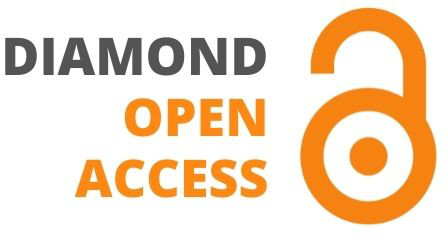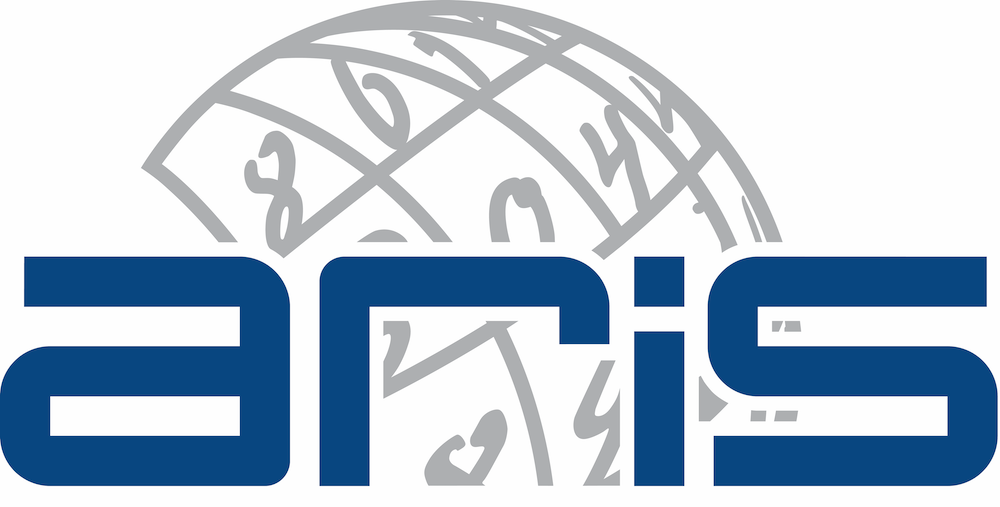Journal of Information Technology in Construction
ITcon Vol. 29, pg. 864-893, http://www.itcon.org/2024/38
A multi-label text classifier: application on an Italian public tender procedure, project ISCOL@
| DOI: | 10.36680/j.itcon.2024.038 | |
| submitted: | December 2023 | |
| revised: | June 2024 | |
| published: | October 2024 | |
| editor(s): | Amor R | |
| authors: | Mirko Locatelli, PhD,
Department of Management “Valter Cantino”, Università degli Studi di Torino, 10134 Turin, Italy ORCID: https://orcid.org/0000-0003-0100-3169 mirko.locatelli@unito.it Lavinia Chiara Tagliabue, Associate professor, Department of Computer Science, Università degli Studi di Torino, 10149 Turin, Italy ORCID: https://orcid.org/0000-0002-3059-4204 laviniachiara.tagliabue@unito.it Giuseppe M. Di Giuda, Full Professor, Department of Management “Valter Cantino”, Università degli Studi di Torino, 10134 Turin, Italy ORCID: https://orcid.org/0000-0002-2294-0402 giuseppemartino.digiuda@unito.it | |
| summary: | The main means of communication during the pre-design phase is natural language. Effective communication during the pre-design phase through text documents and reports is essential to the success of a design and construction project. The study develops and evaluates a Natural Language Processing (NLP) tool called ArchiBERTo to process textual data related to design tender documents in the Italian public procurement process. Documenti di Indirizzo alla Progettazione (DIPs) are key documents, as they outline the demands, needs, and objectives of the public appointing party. ArchiBERTo is developed to process and convert DIP quality objective sentences into a hierarchy of objectives and criteria. The performances are evaluated by comparing the tool’s rankings with those provided by a group of domain experts. The results demonstrate ArchiBERTo's capability to reflect the collective ability of a panel of experts and to properly reflect the different contents of the DIP in the objectives hierarchy. The proposed system aims to address the issue of information asymmetry and potential misunderstandings, or varying interpretations, among the key actors of the Italian tendering procedure, namely the public appointing party, the design teams, and the external committee, regarding the relative importance of quality objectives and evaluation criteria. The utilization of the NLP systems ArchiBERTo to establish a shared hierarchy of objectives is expected to enhance communication and promote consensus during the pre-design phase. The minimization of the consensus issue among the actors can have a positive impact on the overall quality of the design proposals and facilitate the evaluation process conducted by the external committee, bridging the gap between expected and actual quality, ensuring that design proposals align with the quality objectives and demands of the public actor. | |
| keywords: | Natural Language Processing (NLP), Bidirectional Encoder Representations from Transformers (BERT), Large Language Model, Deep Learning, Consensus Issue, Collective Intelligence, NLP-enhanced Communication Flow | |
| full text: | (PDF file, 0.999 MB) | |
| citation: | Locatelli M, Tagliabue L C, Di Giuda G M (2024). A multi-label text classifier: application on an Italian public tender procedure, project ISCOL@, ITcon Vol. 29, pg. 864-893, https://doi.org/10.36680/j.itcon.2024.038 | |
| statistics: |





